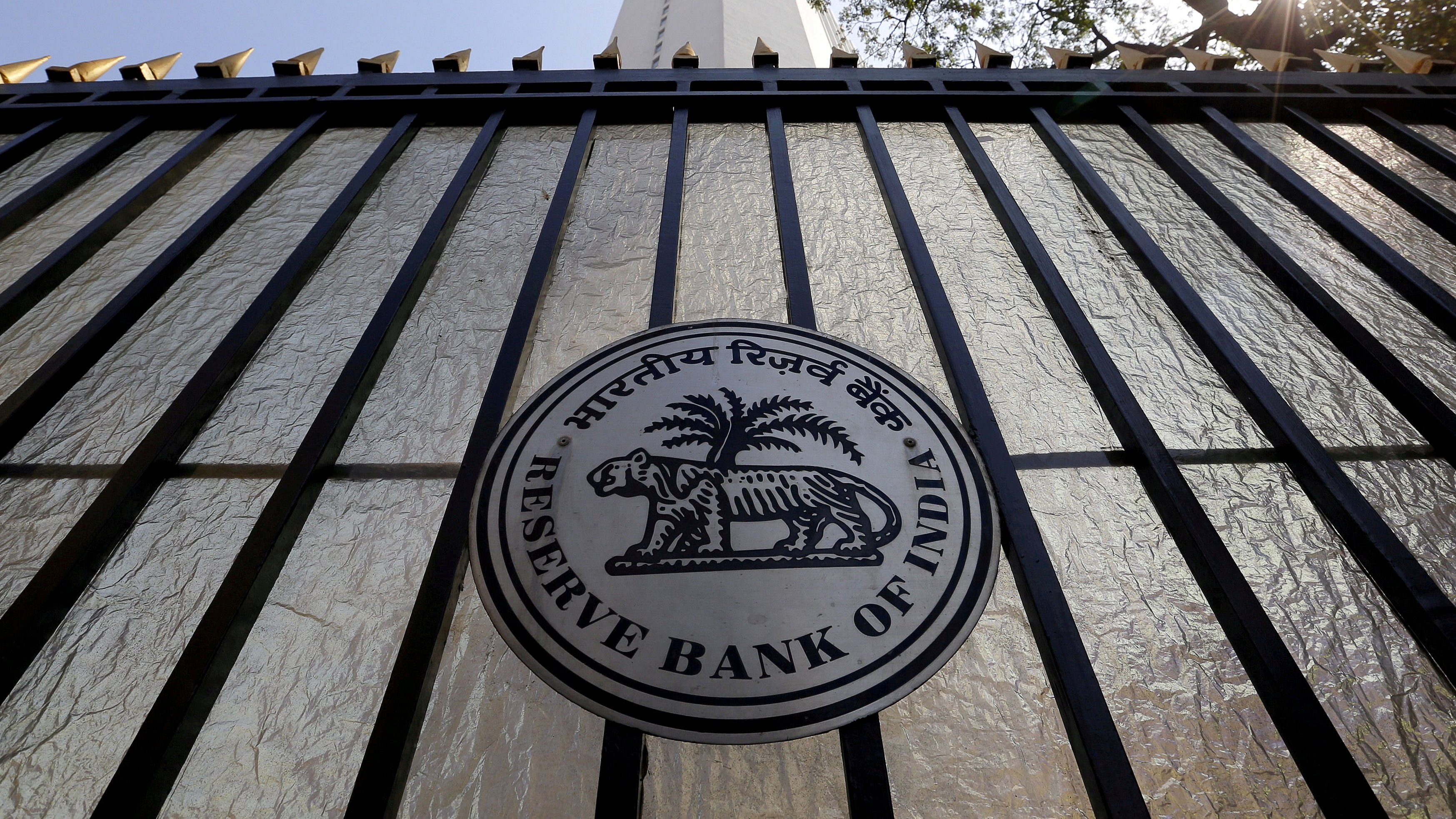
RBI logo.
Credit: PTI Photo
Mumbai: The Reserve Bank of India's (RBI) approach to managing the rupee's exchange rate has not had an adverse impact on the global competitiveness of the country's exports, the central bank said in its monthly bulletin released late on Wednesday.
The RBI routinely intervenes in currency markets to quell volatility but its exchange rate management has also led to periods of the rupee being overvalued against the currencies of its major trading partners.
The rupee's 40-currency real effective exchange rate (REER) - a measure of its competitiveness - shows the currency was overvalued by 7.21 per cent at the end of October, close to its highest level in nearly six years, according to RBI data.
Overvaluation of India's currency, relative to those of its trading partners, can adversely impact the country's exports by making them more expensive.
But, "the sensitivity of India's merchandise exports to real exchange rate changes seems to have come down over the years," the RBI said in its monthly bulletin.
India’s efforts to grow exports are focused towards gaining market share on the basis of better quality and technological improvements without "the need for artificial props such as from an undervalued exchange rate," the article said.
India's merchandise exports grew by a compounded annual growth rate of 5.8 per cent since April 2018, faster than world's average of 4 per cent, the bulletin said.
The RBI has frequently stepped in to defend the rupee over the last few weeks, as a jump in portfolio outflows and US dollar strength following Donald Trump's election victory weighed on the currency.